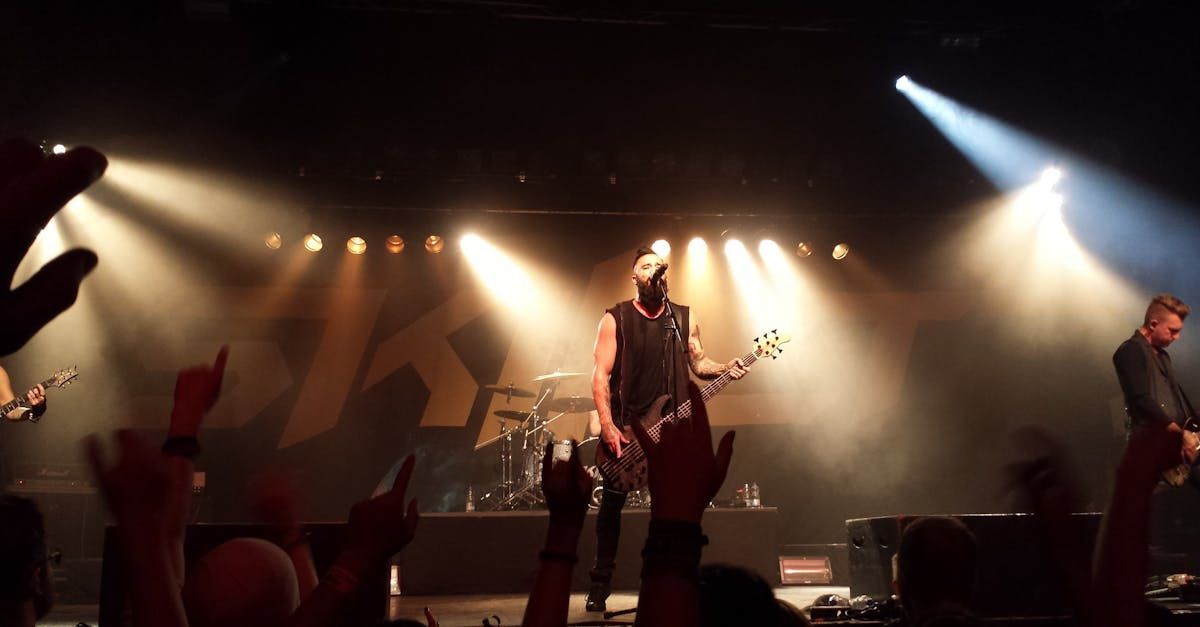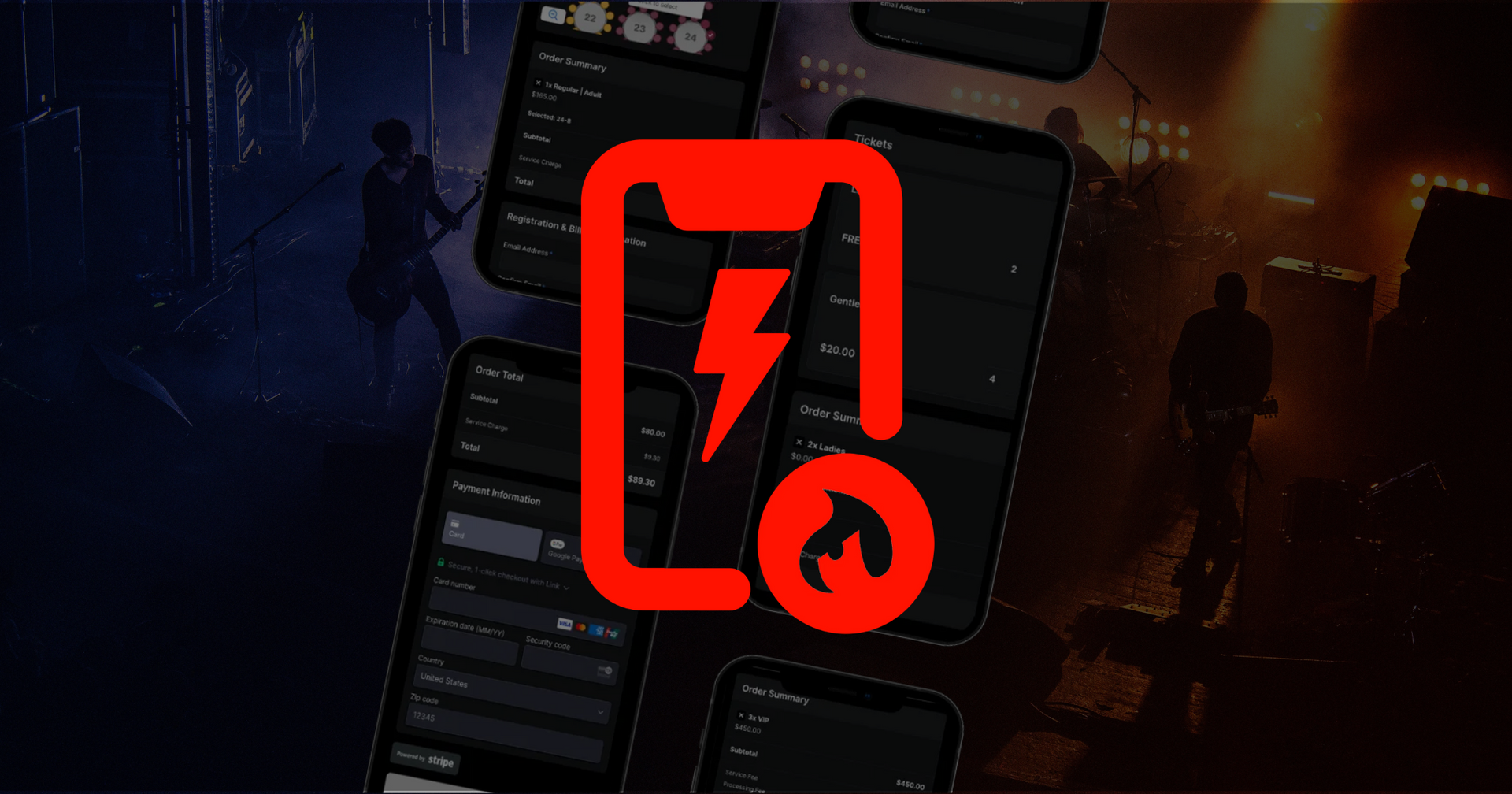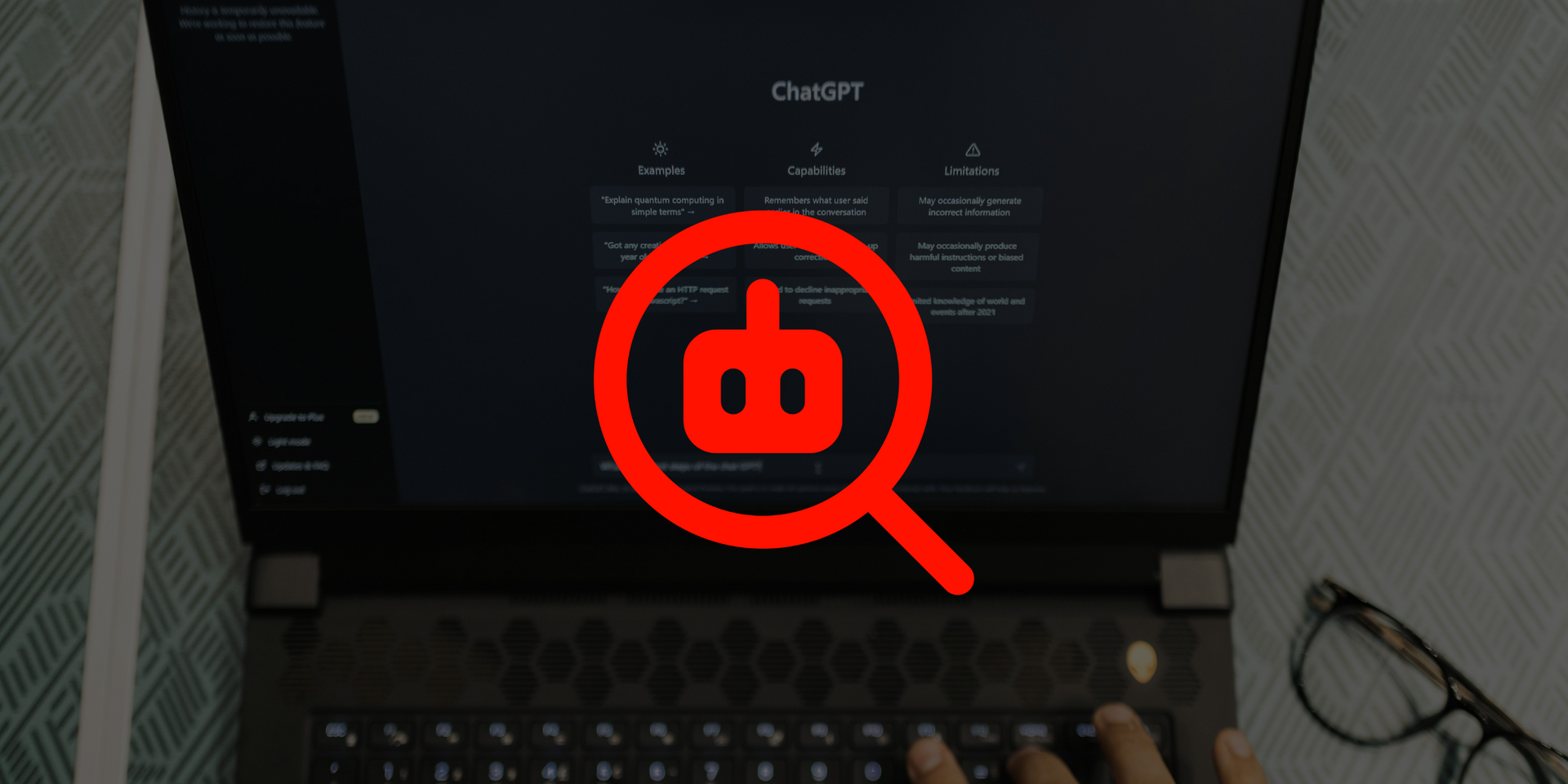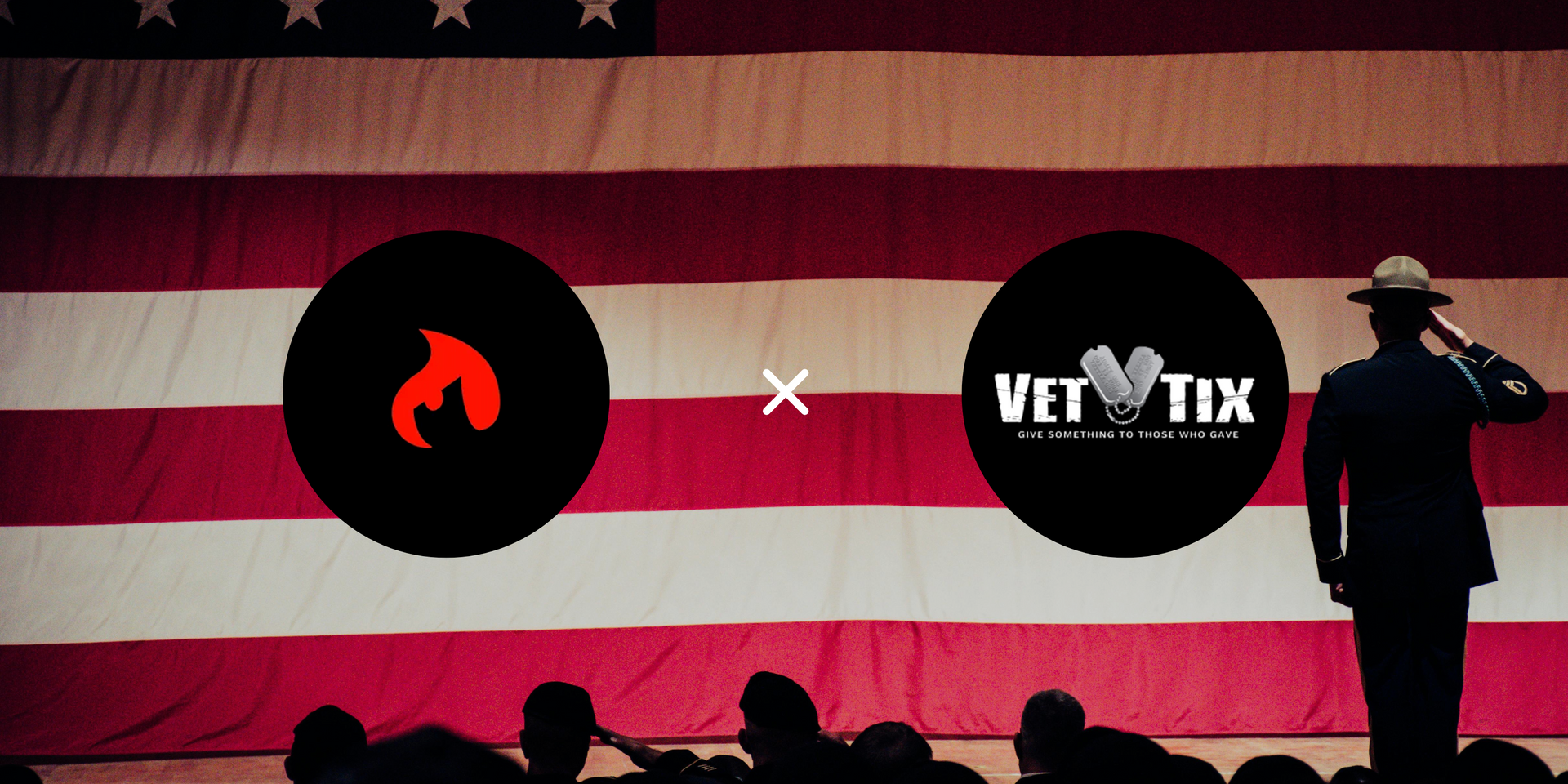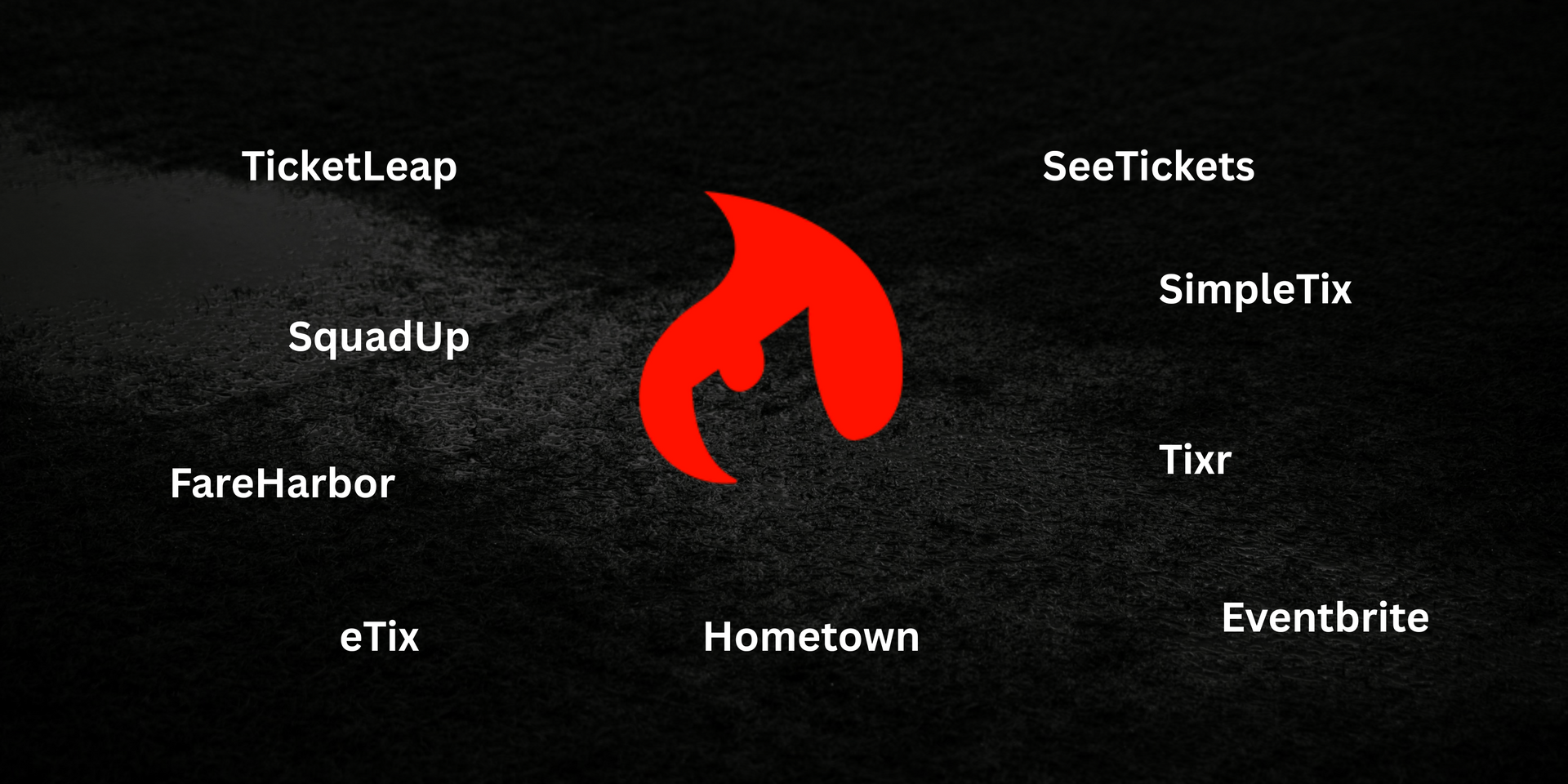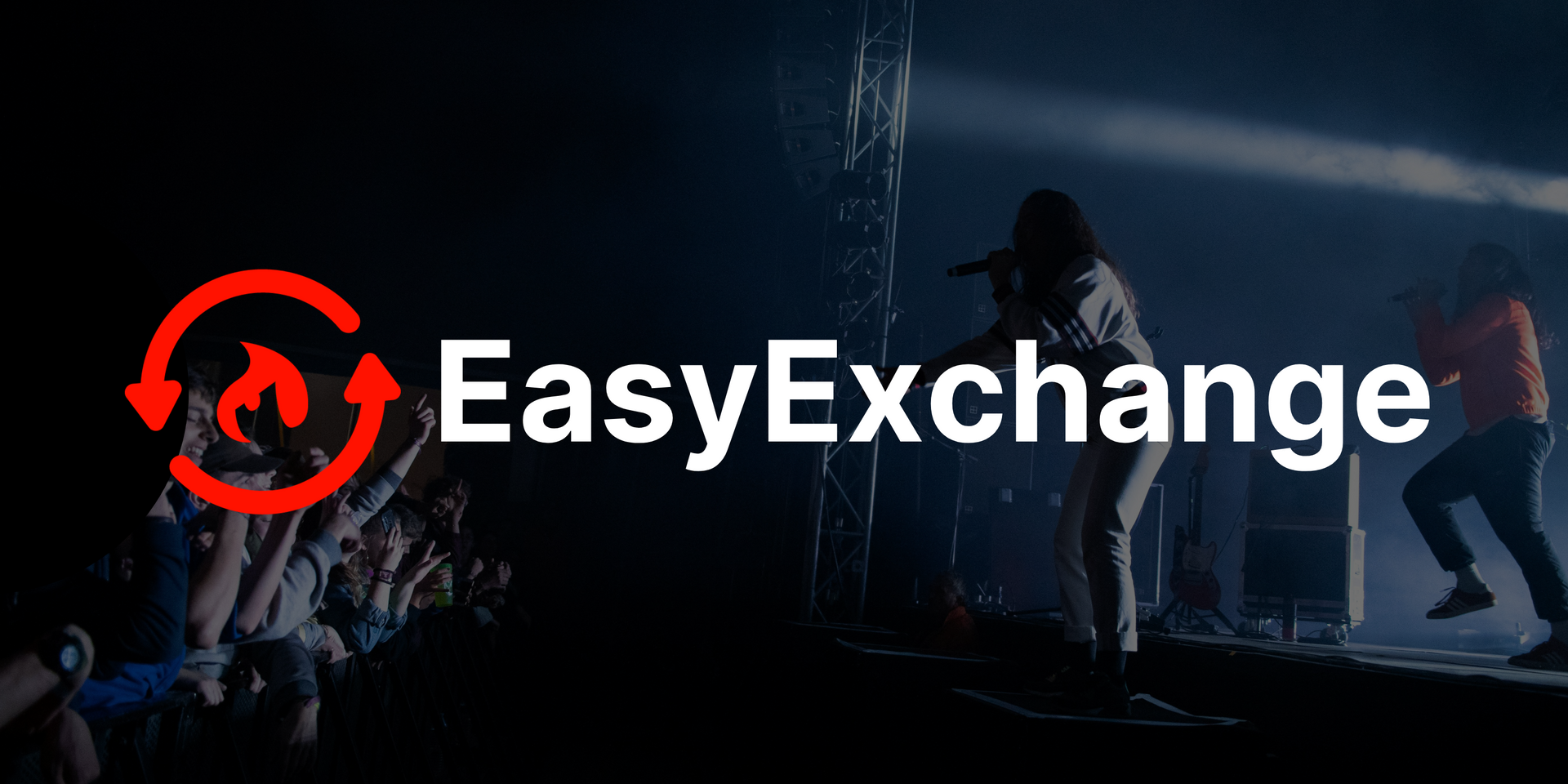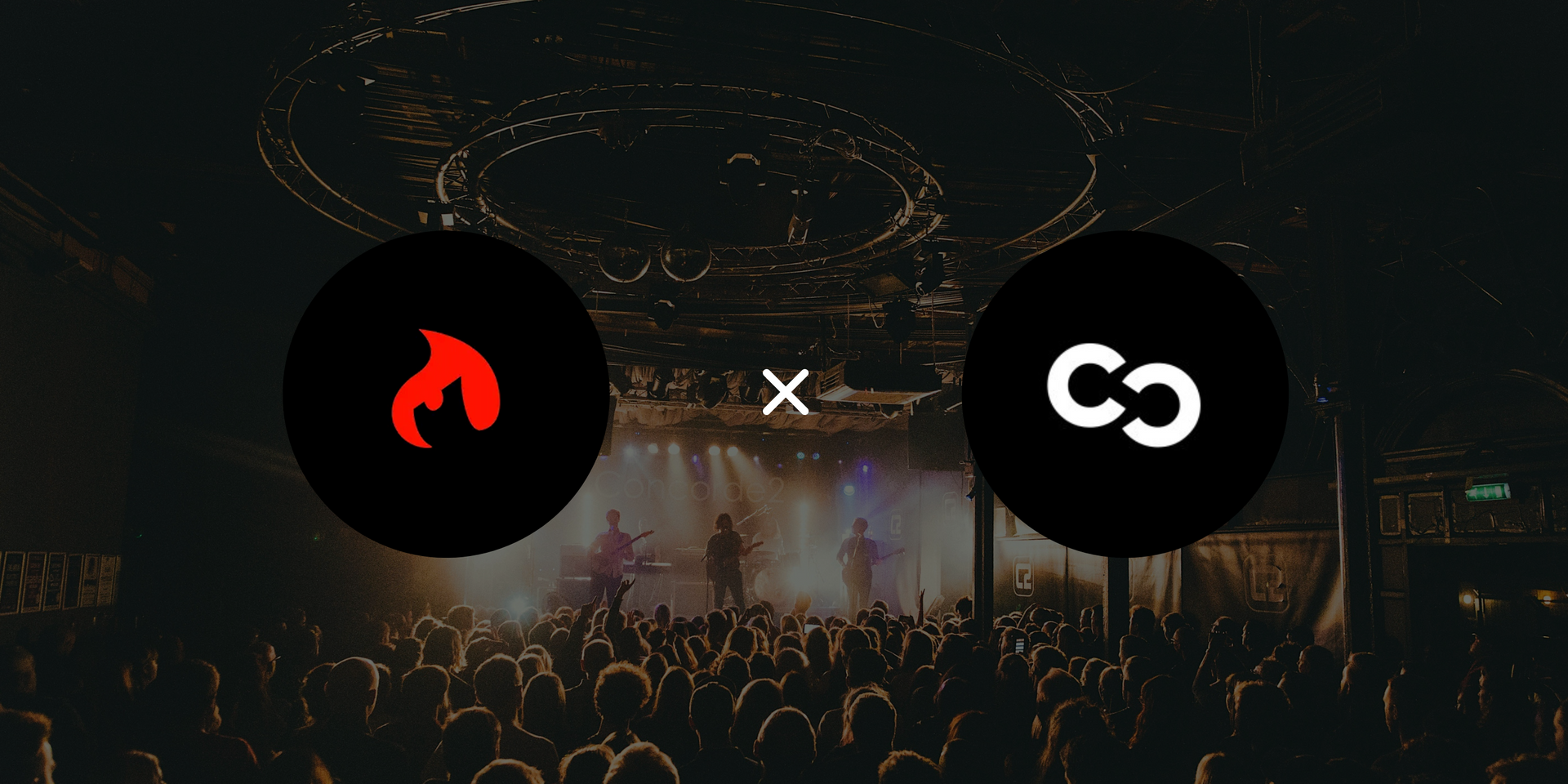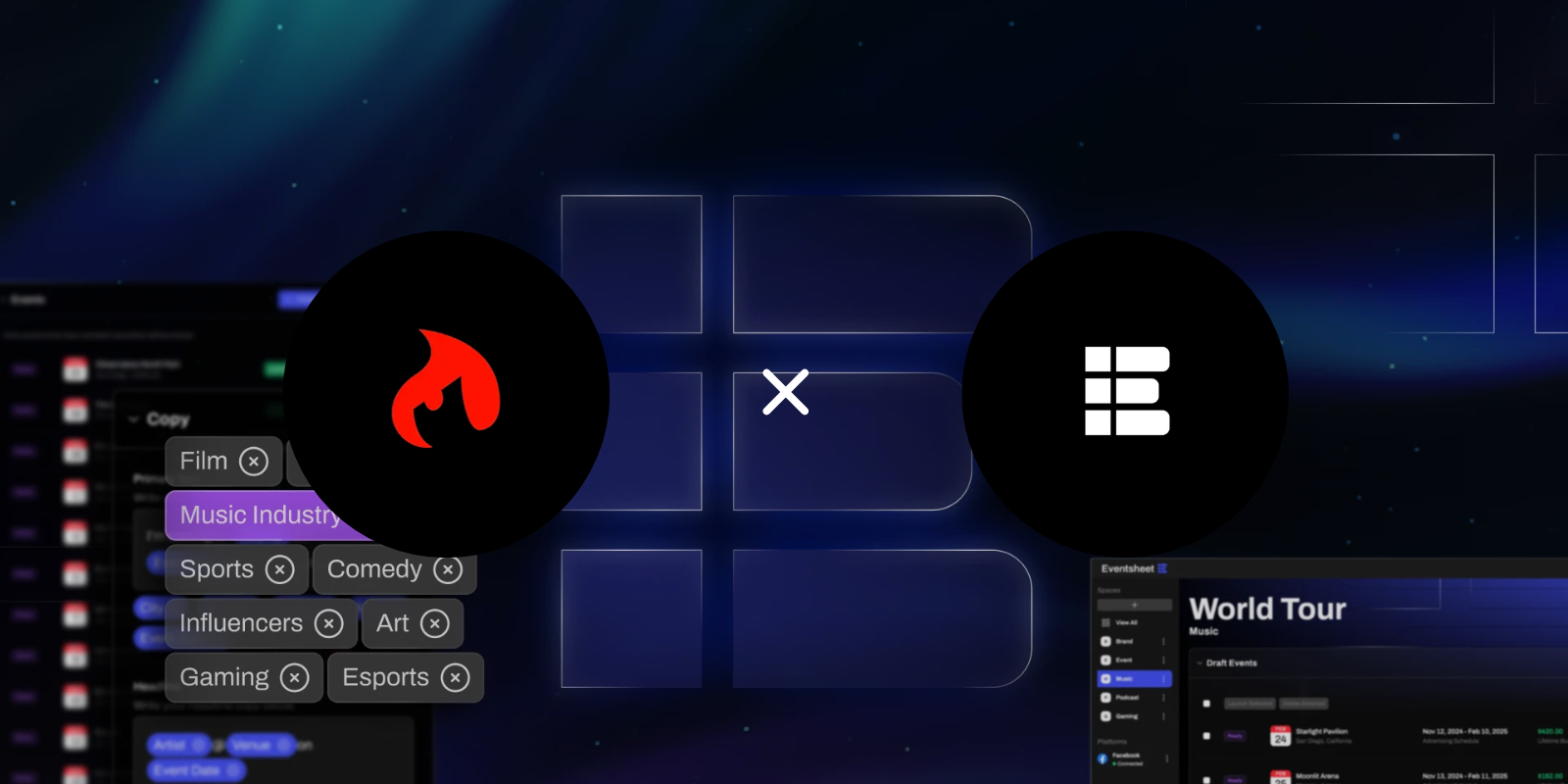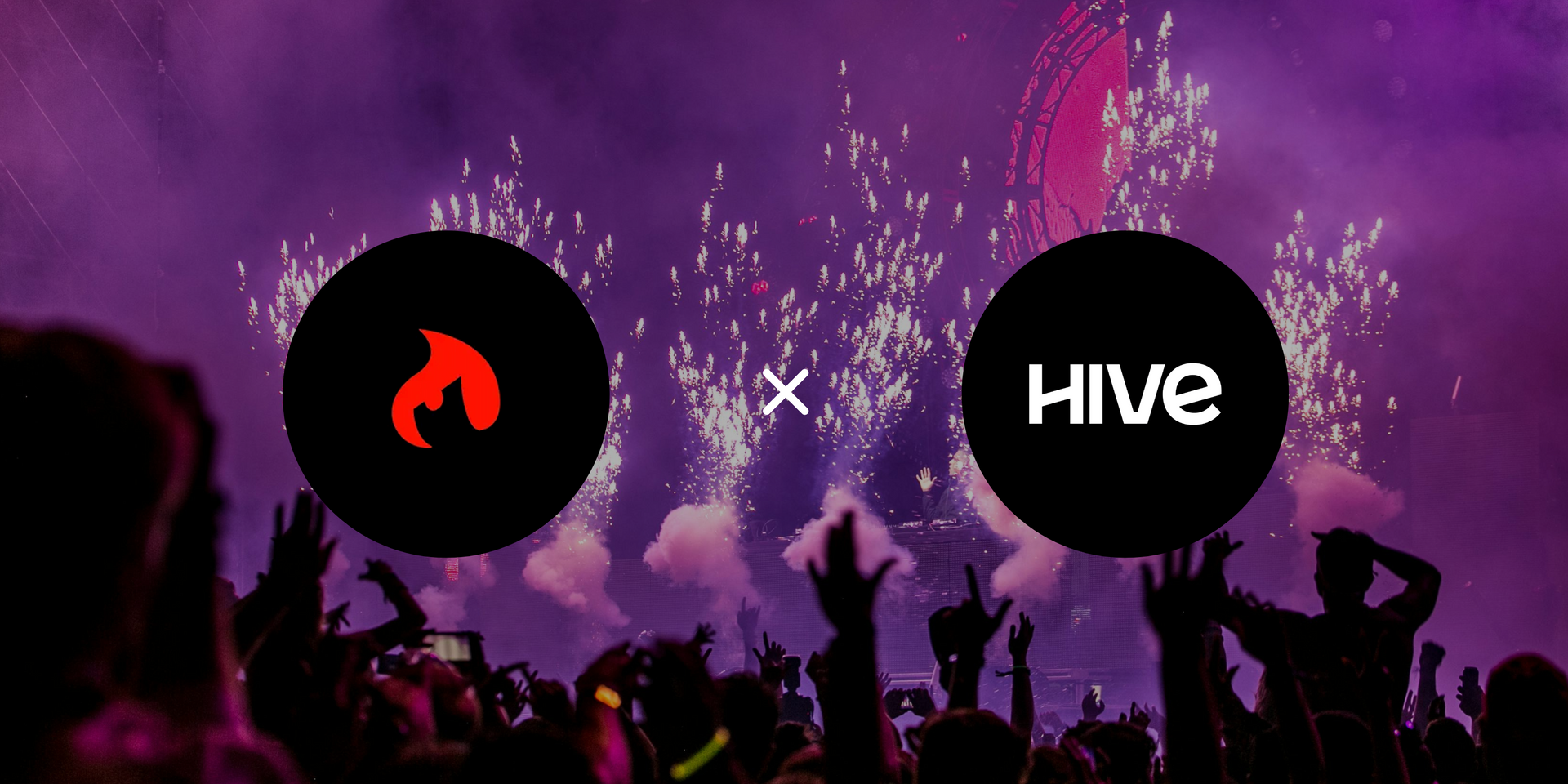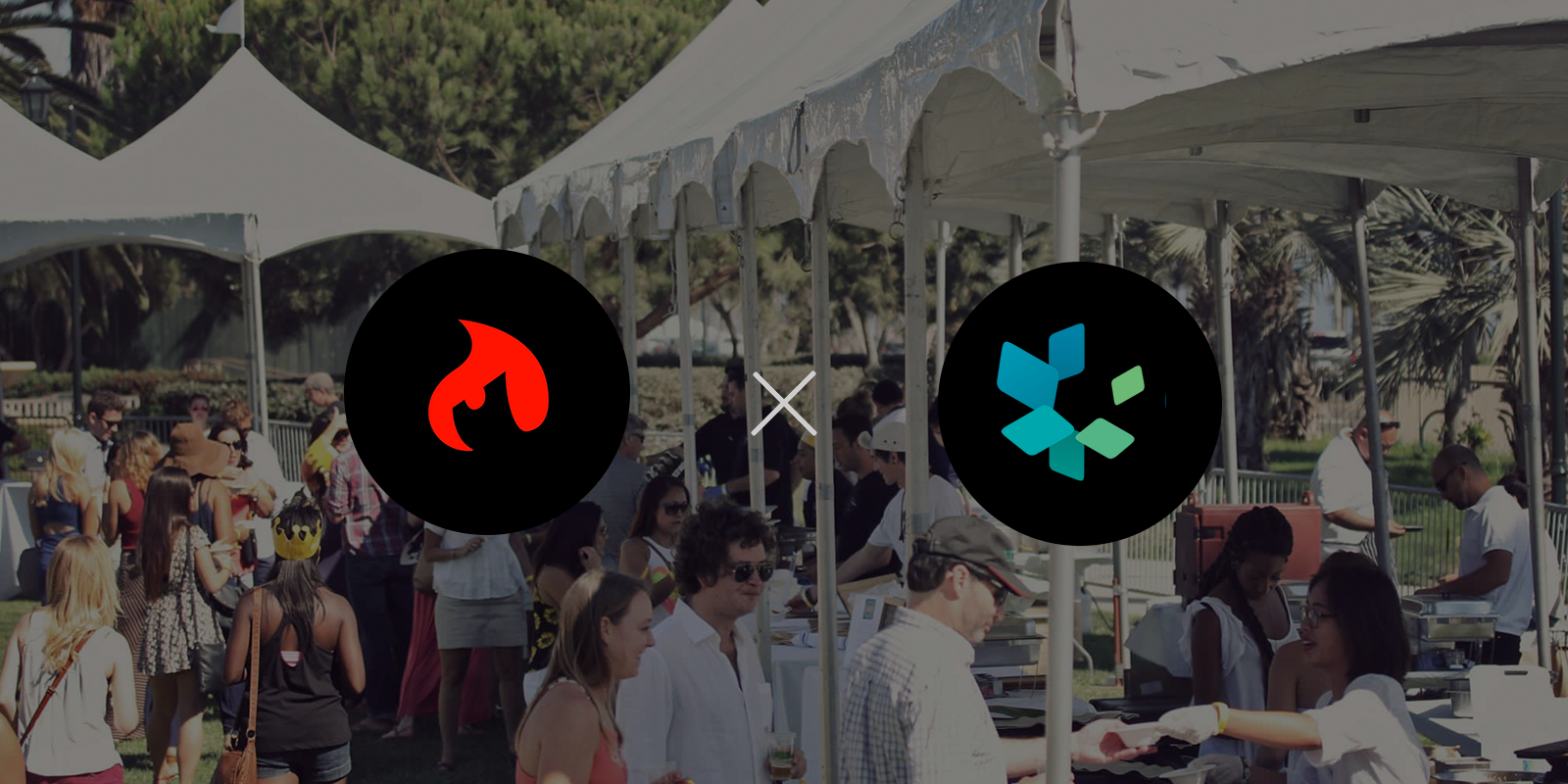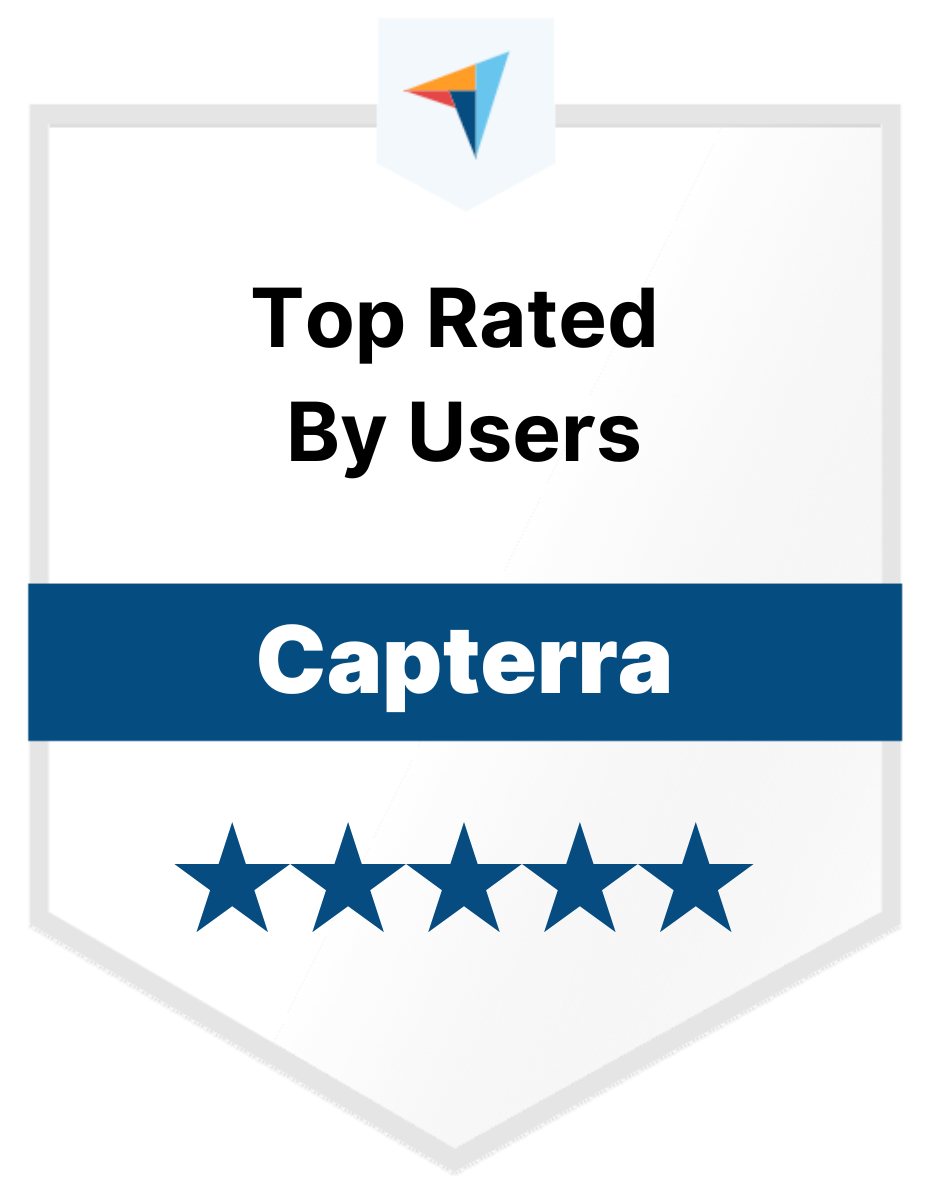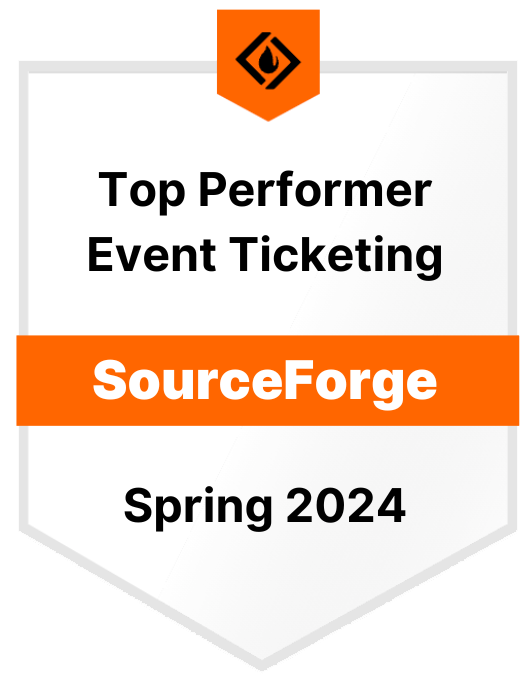The Essential Guide to Ticketing Platforms for Small Events: Finding the Perfect Fit
Discover the ideal ticketing platform for small events, offering personalization, ease of use, and financial flexibility to enhance your event's success.
There’s nothing like a well-run small event. You can’t beat the intimacy and the personalization of these types of events, and they can leave an impression on attendees that lasts for the rest of their lives.
Ticketing for these kinds of events seems simple and straightforward – after all, you’re not trying to manage thousands of tickets. But it’s not as simple as you might think, which is why finding a good ticketing platform for small events is critical.
This article explores the multifaceted world of ticketing platforms for small events, delving into the essentials for making an informed decision and ensuring your event's success.
Understanding Small Events and Their Unique Needs
Small events, typically characterized by their limited scale and intimate atmosphere, possess a distinct charm. These gatherings, often hosting anywhere from a handful of attendees to a few hundred, focus on creating a close-knit community and fostering personal connections.
Examples of small events include:
- Local art exhibitions
- Community workshops
- Small-scale music concerts
- Neighborhood festivals
In contrast to large-scale events such as major music festivals, sports events, or large conferences, which cater to thousands of attendees and require extensive logistical planning and broad-scale marketing, small events are more about the personalized experience and community engagement. This intimacy, however, brings specific requirements and challenges, especially in ticketing.
The choice of a ticketing platform for such events is not merely a logistical decision; it's about creating an experience that resonates with the attendees and aligns with the event's ethos. The uniqueness of small events calls for a ticketing solution that is:
- Agile enough to adapt to varied event sizes and types. Given the diverse nature of small events, from an intimate workshop to a local festival, the platform should be versatile.
- Capable of offering a personalized experience to attendees. This could include customized ticketing options, tailored communication, and a more personal touch in customer service.
- Efficient in handling event-specific challenges. Each small event comes with its unique set of demands, from venue size to attendee demographics, and the ticketing solution should adeptly address these.
A platform that aligns well with these aspects can elevate a small event from being just another gathering to an unforgettable experience.
The Landscape of Ticketing Platforms
Today's market teems with ticketing platforms, each offering a constellation of features. Bryan Brand, vice president of business development for white label event ticketing platform Ticketsauce, says that many small event organizers gravitate towards self-serve options like Eventbrite, Ticketspice, and Ticketleap. "Those are probably the main ones for smaller events because they are self-serve,” he says.
- Eventbrite: Widely recognized for its user-friendly interface, Eventbrite caters to a broad range of events, from small gatherings to larger festivals. Its primary appeal lies in its ease of use, ticketing options, and integration capabilities with social media and other marketing tools.
- Ticketspice: Known for its customizable ticketing solutions, Ticketspice allows organizers to create their own ticketing process. It offers low fees and features like social media integration, real-time reporting, and the ability to create custom ticketing pages.
- Ticketleap: This platform is focused on small, community-focused events. Ticketleap emphasizes social engagement and community building, offering features like easy social media sharing, simple setup, and an interface that encourages interaction among attendees.
However, when it comes to ticketing for small events, these platforms have a few notable downsides.
- Eventbrite:
- Limited Customization: While Eventbrite is user-friendly, it can be restrictive in terms of deep customization options for ticketing and event pages, which may not suffice for events requiring a unique brand identity.
- Fee Structure: Eventbrite’s fee structure might be a concern for small events operating on a tight budget, as the fees can add up, especially for higher-priced tickets.
- Generic Experience: The platform's widespread use can sometimes lead to a more generic attendee experience, lacking the personal touch smaller events often strive for.
- Ticketspice:
- Integration Limitations: Ticketspice may have limitations in its integration capabilities with other systems and platforms, which could pose challenges for organizers using a diverse range of marketing and management tools.
- Customer Support: While offering customizable options, the platform may not provide the same level of customer support as larger platforms, which can be a drawback for event organizers needing more hands-on assistance.
- Ticketleap:
- Scale Limitations: Ticketleap is ideally suited for small, community-focused events, and may not be as effective for scaling up if you want to grow your events.
- Feature Depth: While it excels in community engagement, the platform might lack the depth of features needed for intricate event planning and management.
- Analytics and Reporting: Ticketleap’s analytics and reporting capabilities may not be as comprehensive as those offered by larger platforms, which can be a drawback for organizers who rely heavily on data-driven strategies.
Key Features to Look for in Ticketing Platforms
Selecting the right ticketing platform for a small event is a delicate balance of functionality, ease of use, and comprehensive service. Brand says the ideal platform should have three main attributes:
- User-Friendly and Easy to Set Up: This is the “most important” factor in a ticketing platform, Brand says. The platform should offer a seamless setup process and an intuitive interface, allowing event organizers to focus on the event itself rather than technical difficulties.
- Capable of Sophisticated Data Collection: The right platform enables organizers to collect the data that they need for their event, Brand adds. This data is crucial for understanding attendee demographics, tailoring marketing efforts, and enhancing future events.
- Reliable On-Site App Functionality: The moment of truth for any ticketing platform is its performance during the event. A reliable on-site app for ticket scanning and attendee management is non-negotiable. “Making sure that is easy to use and reliable is massive, because that would literally kill any event,” he says.
These features, when woven together, create a ticketing platform that does more than sell tickets; it becomes an integral part of the event's success story.
The Value of Full-Service Support for Ticketing Platforms for Small Events
The difference between a memorable experience and a logistical nightmare often lies in the level of support a small events ticketing platform offers. Full-service support is not just a luxury; it's a necessity. "Event organizers who have questions or need help will need to have a real person to call or email that's going to be highly responsive,” Brand says.
This level of support ensures that any issues, whether they're pre-event queries or on-site emergencies, are swiftly and effectively addressed.
The advantages of such support include:
- Real-time troubleshooting, crucial for live events where issues need immediate resolution.
- Personalized assistance, offering guidance tailored to the specific needs of the event.
- Confidence for organizers, knowing they have a reliable team to lean on.
Integrating Branding into Your Small Event Through Ticketing
Branding is a critical component of event planning, especially for small events seeking to establish or enhance their identity. A ticketing platform that allows for complete brand integration transforms the ticketing experience into an extension of the event’s theme and ethos.
This means everything from the website to the tickets and even the app reflects your unique brand, creating a cohesive and immersive experience for attendees.
Effective branding through ticketing platforms can:
- Enhance brand recognition and loyalty.
- Offer a consistent and professional look across all event materials.
- Create a unique and memorable event identity.
Keeping Costs Low: How Much Are You Really Paying for Your Small Event Ticketing Platform?
For small events, where budgeting is critical, choosing a ticketing platform involves careful financial consideration. The apparent low cost of many platforms can be misleading due to hidden fees that add up.
When evaluating a ticketing platform, small event organizers should be wary of potential hidden fees. These can include:
- Service Charges: Fees added to each ticket sold, which can significantly increase the total cost for attendees.
- Processing Fees: Charges for payment processing, often varying based on the ticket price or payment method.
- Setup Fees: Initial costs for setting up an event or integrating the platform with other services.
- Customization Fees: Additional charges for personalizing the ticketing process or event pages.
- Support Fees: Costs for accessing customer support or technical assistance, which can be crucial during the event.
The financial implications of choosing a ticketing platform extend beyond just the ticket sales. Organizers must consider these hidden costs and evaluate the total value offered by the platform, ensuring it aligns with their event's financial constraints and goals.
Leveraging Data for Future Success
Data collection and analysis play a pivotal role in the continuous improvement and success of events. A ticketing platform that allows organizers to collect and own their event data provides access to invaluable insights. This information can drive future marketing strategies, help understand attendee preferences, and tailor future events to meet audience expectations, Brand says.
The key benefits of data-driven ticketing platforms are:
- Enhanced understanding of attendee demographics and behaviors.
- Ability to refine marketing and engagement strategies.
- Insights for improving future event planning and execution.
A Full-Service White Label Ticketing Platform May Be the Solution
For small event organizers, the factors behind making a decision on a ticketing platform for small events should extend beyond basic ticket sales. The ideal platform is one that provides extensive support, aligns with financial objectives, integrates seamlessly with your brand identity, and effectively utilizes data to ensure future success.
Ticketsauce stands out with its customizable, data-driven approach. Our platform is not just about selling tickets; it's about offering an end-to-end solution that aligns with the specific needs of your event. Here's why Ticketsauce could be your go-to choice:
- Customization at Its Core:
With Ticketsauce, your brand remains at the forefront. The platform allows for complete customization, from the event website to tickets and the app, ensuring a consistent brand experience across all touchpoints.
- Financial Flexibility: Understanding the financial constraints of small events, Ticketsauce offers customizable service fees, no setup fee, and tailored payout schedules. This approach helps maximize revenue while keeping costs in check.
- Data Ownership:
In today's data-driven world, owning and understanding your attendee data is vital. Ticketsauce ensures you have complete control over your data, a crucial aspect for refining your marketing strategies and improving future events.
- Dedicated Support: Perhaps the most significant advantage is their comprehensive support system. With Ticketsauce, you're not just getting a platform; you're gaining a partner. Our team is committed to ensuring your event runs smoothly, offering personalized training and support.
For those organizing small events, considering a full-service white label ticketing platform like Ticketsauce could be the key to unlocking your event's potential. Reach out to Ticketsauce to explore how our tailored solutions can elevate your event from planning to execution, ensuring your vision becomes a resounding success.
